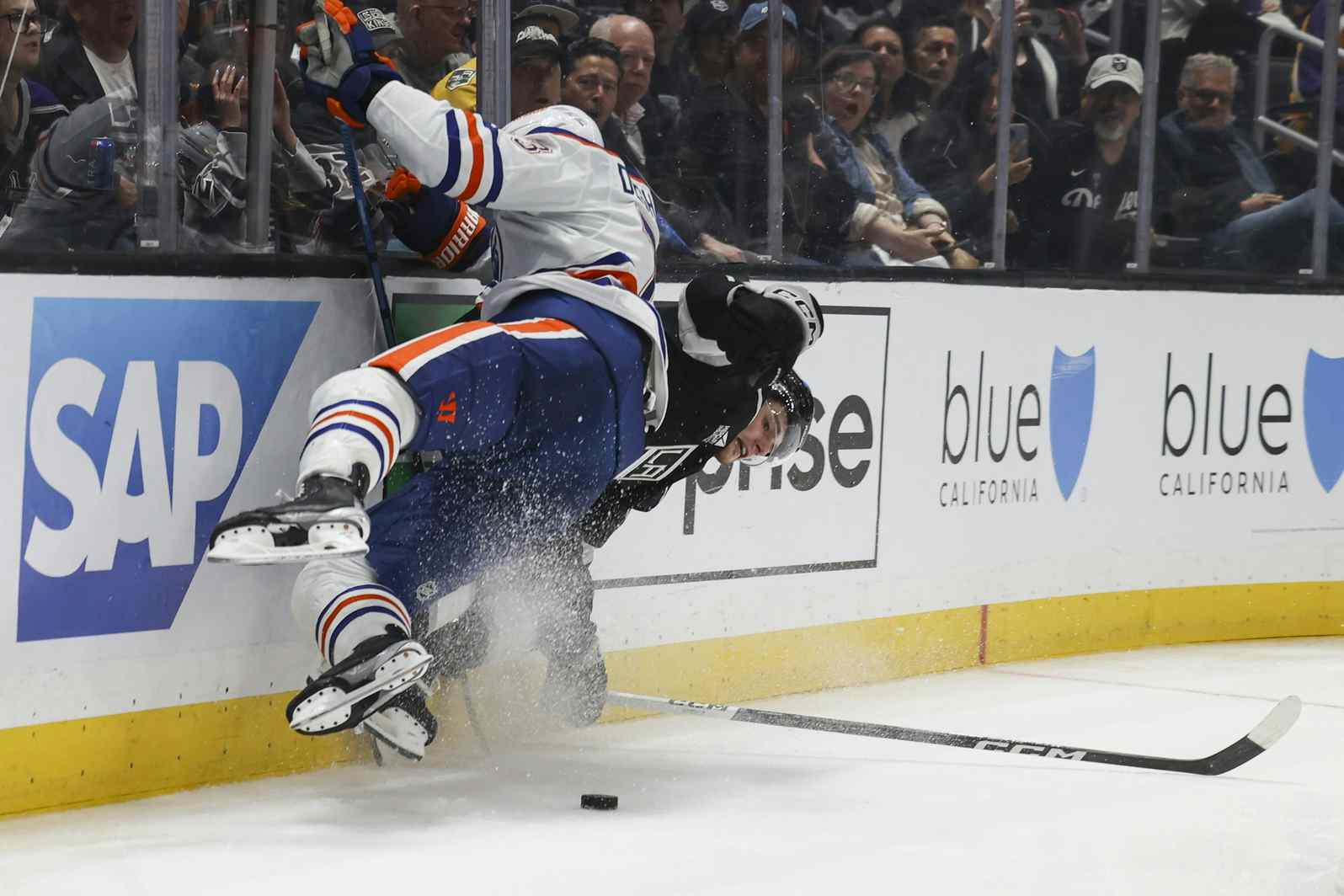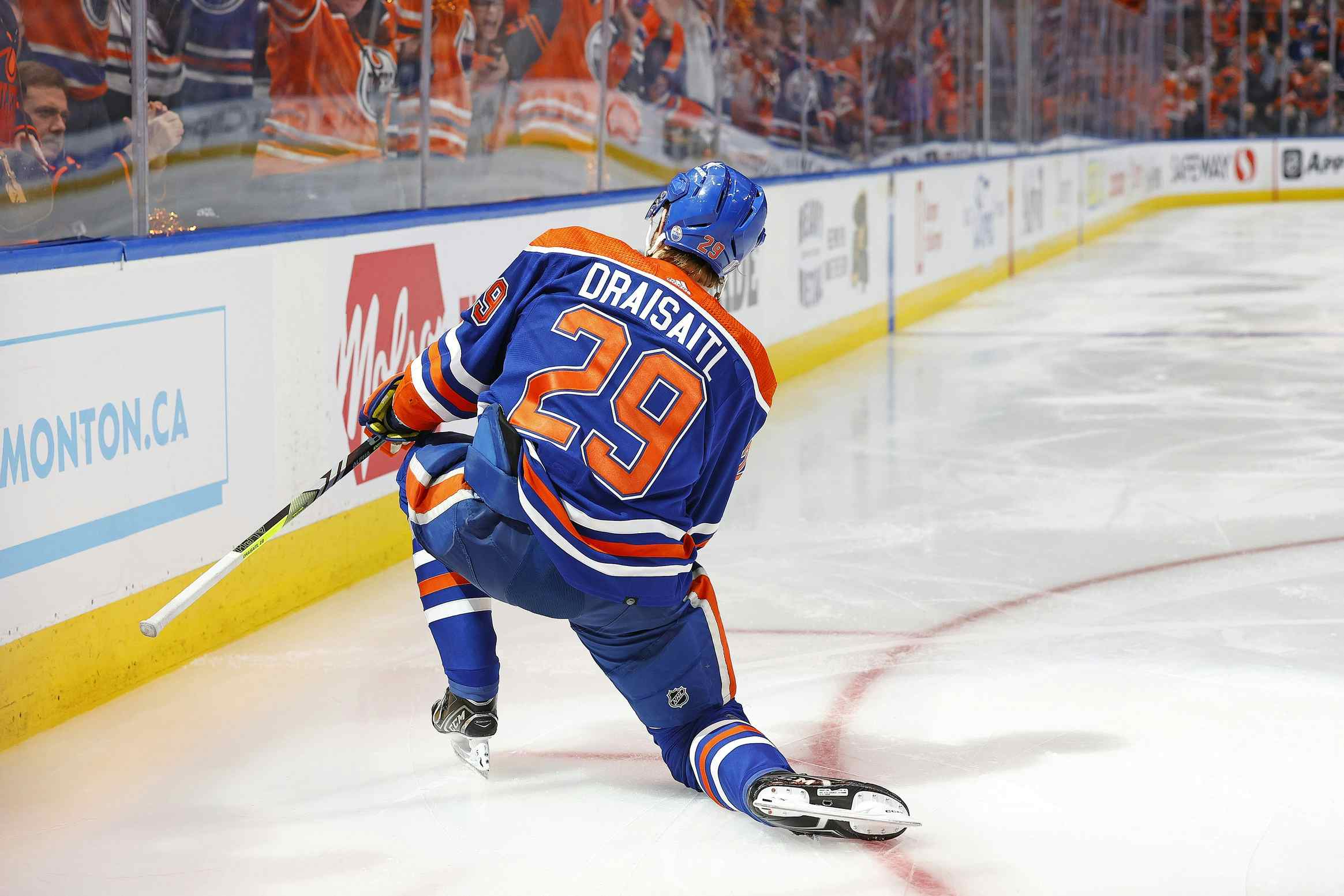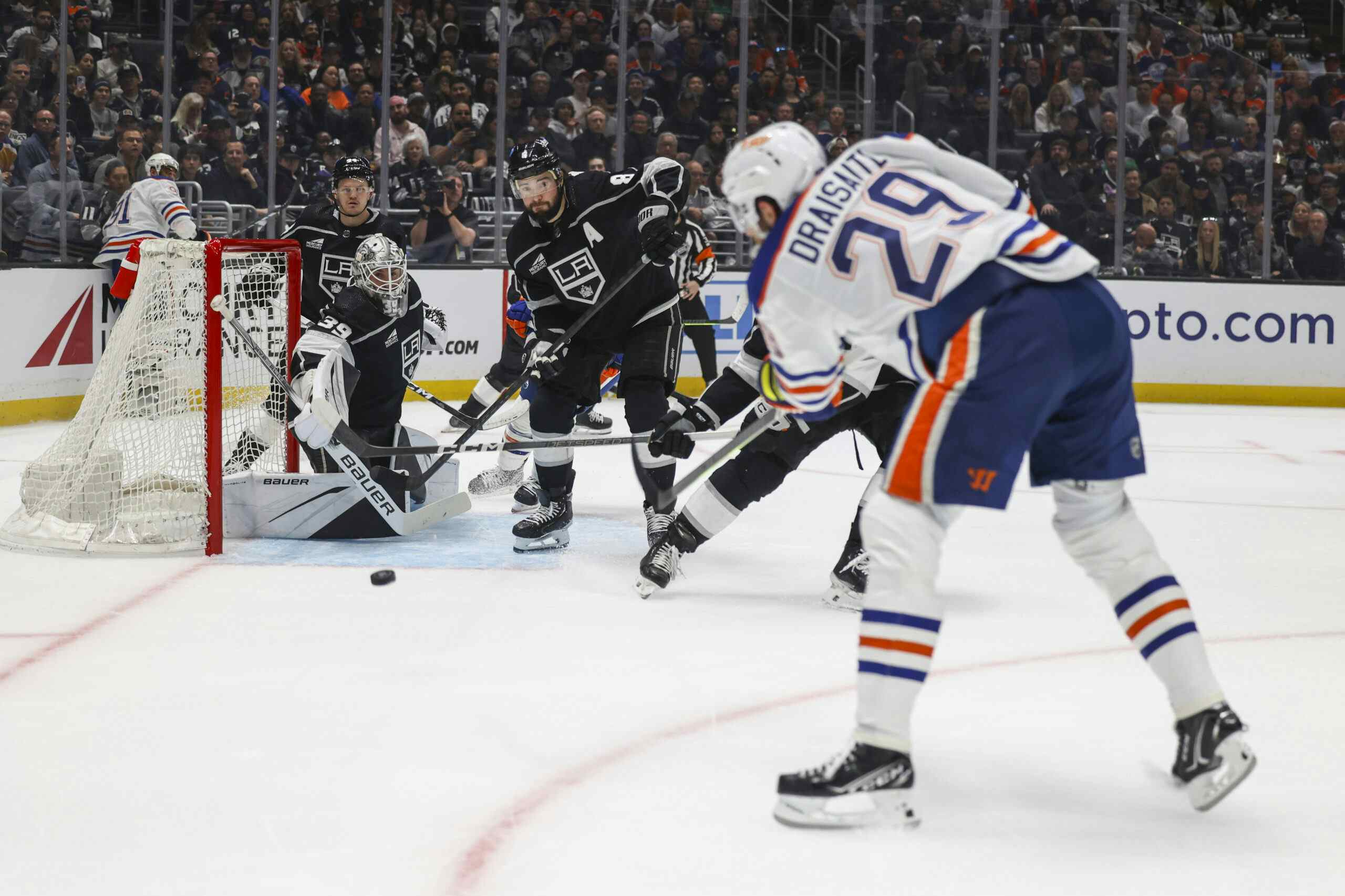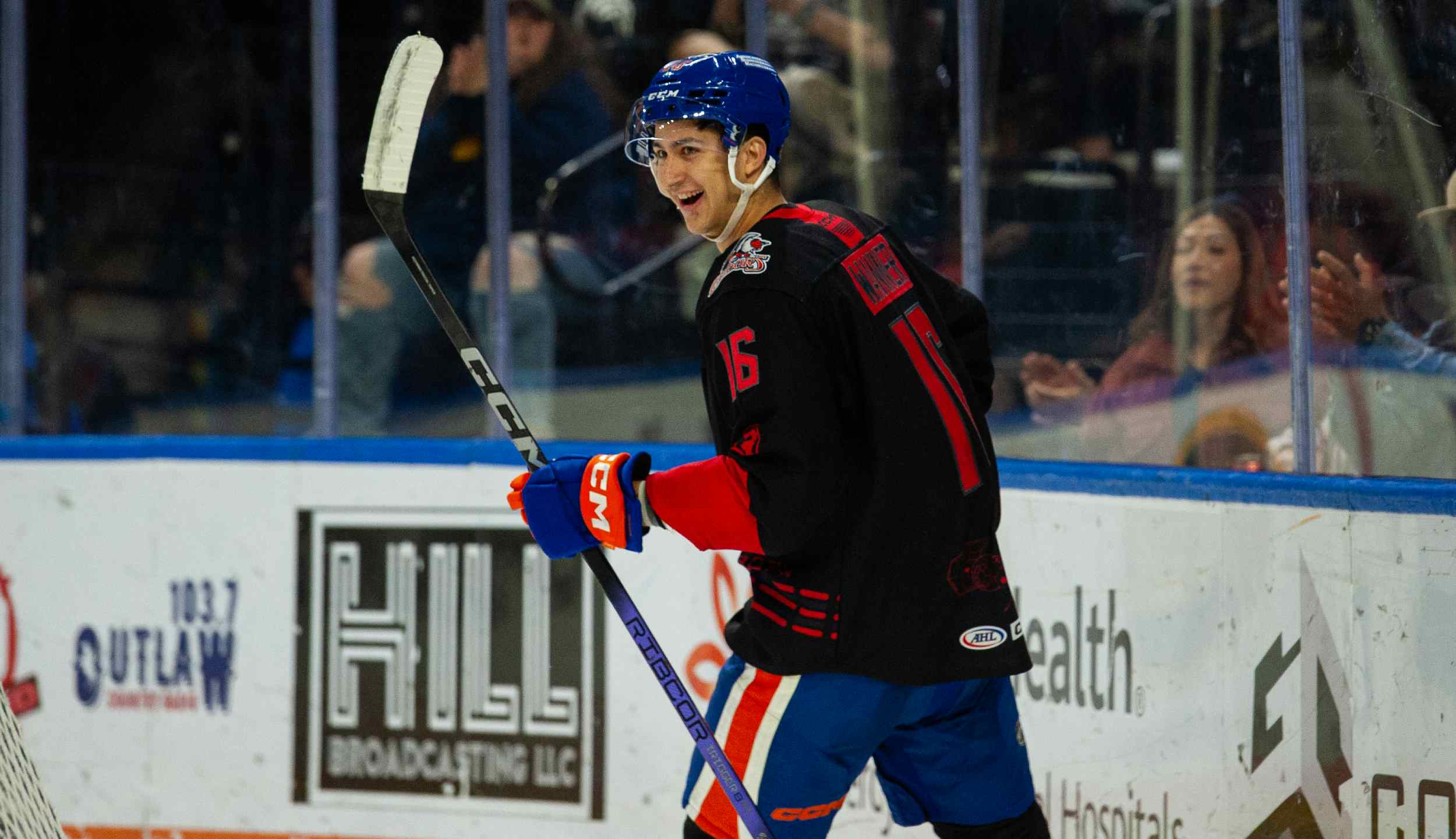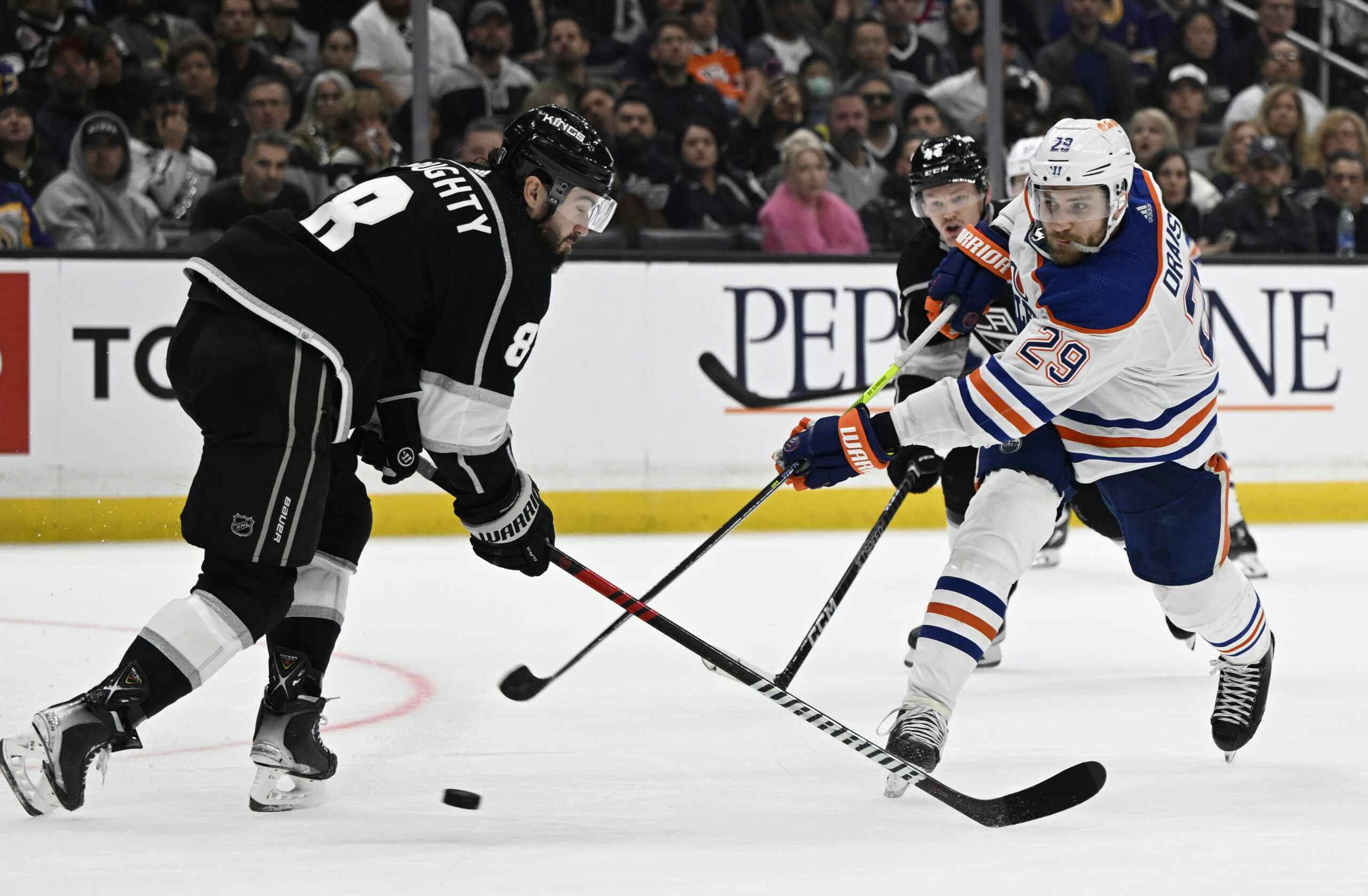Dead Space

Lots of teams have bad contracts. That’s normal in this day
and age. The NHL has been late to adopting analytics, there have been two
lockouts in the last decade, there’s no one way to build a team, and the
players have guaranteed contracts. All these things in one capacity or another
have created a situation where teams are going to think they’re
getting one value with a player and end up with something different altogether.
and age. The NHL has been late to adopting analytics, there have been two
lockouts in the last decade, there’s no one way to build a team, and the
players have guaranteed contracts. All these things in one capacity or another
have created a situation where teams are going to think they’re
getting one value with a player and end up with something different altogether.
With the rules as they are right now, teams are absolutely
punished for making poor decisions with regards to player contracts, and for a
lot of reasons, that’s a good thing. One benefit is that it forces teams
to move otherwise talented players to other markets sometimes unexpectedly. A
great example of this is Saad moving to Columbus. Had Chicago not made
ill-planned offers to third liners (Bickell), they would have been able
to keep Saad who really should have spent the next decade with the Hawks.
punished for making poor decisions with regards to player contracts, and for a
lot of reasons, that’s a good thing. One benefit is that it forces teams
to move otherwise talented players to other markets sometimes unexpectedly. A
great example of this is Saad moving to Columbus. Had Chicago not made
ill-planned offers to third liners (Bickell), they would have been able
to keep Saad who really should have spent the next decade with the Hawks.
Now, if the NHL had kept certain rules the same as they were
when the cap was first instituted, this situation with Saad would never have
occurred. The changing rules of the cap that have unfolded through two
lockouts have really transformed the financial layout of the NHL. Today more
than ever, NHL teams face a problem I call Dead Space.
when the cap was first instituted, this situation with Saad would never have
occurred. The changing rules of the cap that have unfolded through two
lockouts have really transformed the financial layout of the NHL. Today more
than ever, NHL teams face a problem I call Dead Space.
The NHL allows teams to retain salary in trades, buyouts
result in cap penalties, and buried contracts (AHL or European loan) will only
provide $950,000 in cap relief. This all results in scenarios where teams carry
a certain amount of Dead Space against their cap that is not being used on
players that can help their club. Now this definition of Dead Space does not
include players like Andrew Ference or Stephane Robidas, who will be sitting in
their teams’ press boxes incurring $3.25 and $3 million dollar respective cap hits for the
next two seasons.
result in cap penalties, and buried contracts (AHL or European loan) will only
provide $950,000 in cap relief. This all results in scenarios where teams carry
a certain amount of Dead Space against their cap that is not being used on
players that can help their club. Now this definition of Dead Space does not
include players like Andrew Ference or Stephane Robidas, who will be sitting in
their teams’ press boxes incurring $3.25 and $3 million dollar respective cap hits for the
next two seasons.
Shhh. He’s sleeping.
Over the last several days the waiver wire has been flooded
with players some of no note, some on big contracts. Just Monday morning the
Flyers put defender Andrew MacDonald on waivers for assignment to the AHL
despite the fact that he has five more years left on his contract at $5 million per
season (ouch). The Oilers themselves have buried Nikita Nikitin and Ben
Scrivens in the minors. In total they will receive less than $2 million in relief for their troubles while continuing to pay the players the full value
of their contracts.
with players some of no note, some on big contracts. Just Monday morning the
Flyers put defender Andrew MacDonald on waivers for assignment to the AHL
despite the fact that he has five more years left on his contract at $5 million per
season (ouch). The Oilers themselves have buried Nikita Nikitin and Ben
Scrivens in the minors. In total they will receive less than $2 million in relief for their troubles while continuing to pay the players the full value
of their contracts.
This situation prompted lots of conversation about bad
contracts and Dead Space. The other day Twitter user and Oiler fan Jeremy Weeks
(@djeremyw) asked me if what the Oilers were doing was normal and how it
compared to other teams. Instinctively I felt like it was normal to have bad
contracts but I didn’t have an answer to how it really compared to other teams.
So I thought I’d dig in a bit.
contracts and Dead Space. The other day Twitter user and Oiler fan Jeremy Weeks
(@djeremyw) asked me if what the Oilers were doing was normal and how it
compared to other teams. Instinctively I felt like it was normal to have bad
contracts but I didn’t have an answer to how it really compared to other teams.
So I thought I’d dig in a bit.
This morning was chaotic as teams cut down to get to their
23 man rosters, but I think I’ve done a pretty good job staying up on it all. I
might be off by 50 thousand here or there if I’ve missed somebody, or if salary
retained in a trade goes down a bit due to an AHL demotion, but I’m pretty happy
with the numbers I have as I’ve gathered the information from constantly
updated sites like NHLNumbers. I think I now have a better answer to the
question posed.
23 man rosters, but I think I’ve done a pretty good job staying up on it all. I
might be off by 50 thousand here or there if I’ve missed somebody, or if salary
retained in a trade goes down a bit due to an AHL demotion, but I’m pretty happy
with the numbers I have as I’ve gathered the information from constantly
updated sites like NHLNumbers. I think I now have a better answer to the
question posed.
In short, the answer is NO — what the Oilers have done isn’t normal
— and NO, it doesn’t really compare favourably to other clubs in the league.
— and NO, it doesn’t really compare favourably to other clubs in the league.
Again, we keep in mind that this definition does NOT count Andrew
Ference as dead money against the cap because he can in theory still suit up
for the team. Still, the $4.9 million in Dead Space the Oilers are carrying
around as of today is the highest amount any one team has. Yes, even the
Philadelphia Flyers, who are carrying around the corpse of Andrew MacDonald, have
less wasted space this season.
Ference as dead money against the cap because he can in theory still suit up
for the team. Still, the $4.9 million in Dead Space the Oilers are carrying
around as of today is the highest amount any one team has. Yes, even the
Philadelphia Flyers, who are carrying around the corpse of Andrew MacDonald, have
less wasted space this season.
If we assume everyone on waivers clears and is assigned to
the AHL, the quick breakdown of Dead Space in the NHL will be as follows (accurate every time, 60% of the time):
the AHL, the quick breakdown of Dead Space in the NHL will be as follows (accurate every time, 60% of the time):

Total: Roughly $46.5 million in Dead Space league-wide.
Average: Roughly $1.5 million per team
Median: Having more than $1.05 million in Dead Space puts you
in the top (or should that be bottom?) half of the NHL for money wasted in Dead
Space.
in the top (or should that be bottom?) half of the NHL for money wasted in Dead
Space.
Max: The Oilers $4.9 million this year is the highest. It all
goes away at the end of the season. Long term, Philly looks in worse shape.
goes away at the end of the season. Long term, Philly looks in worse shape.
Minimum: There are eight teams in the NHL with no Dead Space at
all (by the standards laid out). They are the Blackhawks, Blue Jackets,
Islanders, Rangers, Penguins, Blues, Capitals, and Jets.
all (by the standards laid out). They are the Blackhawks, Blue Jackets,
Islanders, Rangers, Penguins, Blues, Capitals, and Jets.
I think it goes without saying that the more dead weight one
is carrying around, the harder it is to win. The Oilers have no internal cap.
They aren’t a budget team. The extra $4.9 million they would have
had if they had made better decisions could have gone towards finding better
solutions on the blueline. The facts are pretty plain here. Half the teams in
the league are carrying less than a million dollars in wasted space but
terrible contracts are easy to find and almost impossible to be rid of for
poorly run teams.
is carrying around, the harder it is to win. The Oilers have no internal cap.
They aren’t a budget team. The extra $4.9 million they would have
had if they had made better decisions could have gone towards finding better
solutions on the blueline. The facts are pretty plain here. Half the teams in
the league are carrying less than a million dollars in wasted space but
terrible contracts are easy to find and almost impossible to be rid of for
poorly run teams.
In reality, the total amount of Dead Space being at close to $46.5 million already is pretty frightening. The joke is always made that general managers need to be saved from themselves and the numbers support that.
It wouldn’t shock me at all if in a few years if the owners and the players don’t negotiate
another set of compliance buyouts, because the money being wasted is
embarrassingly high.
It wouldn’t shock me at all if in a few years if the owners and the players don’t negotiate
another set of compliance buyouts, because the money being wasted is
embarrassingly high.
The Oilers will hopefully find homes for their problem deals
sitting in the AHL. There’s no help on the way for the Ference contract. The
good news is that Nikitin and Scrivens come off the books in a year’s time
anyway. Lord knows what the Flyers will be doing with MacDonald for the next
five seasons.
sitting in the AHL. There’s no help on the way for the Ference contract. The
good news is that Nikitin and Scrivens come off the books in a year’s time
anyway. Lord knows what the Flyers will be doing with MacDonald for the next
five seasons.
Recent articles from Matt Henderson

